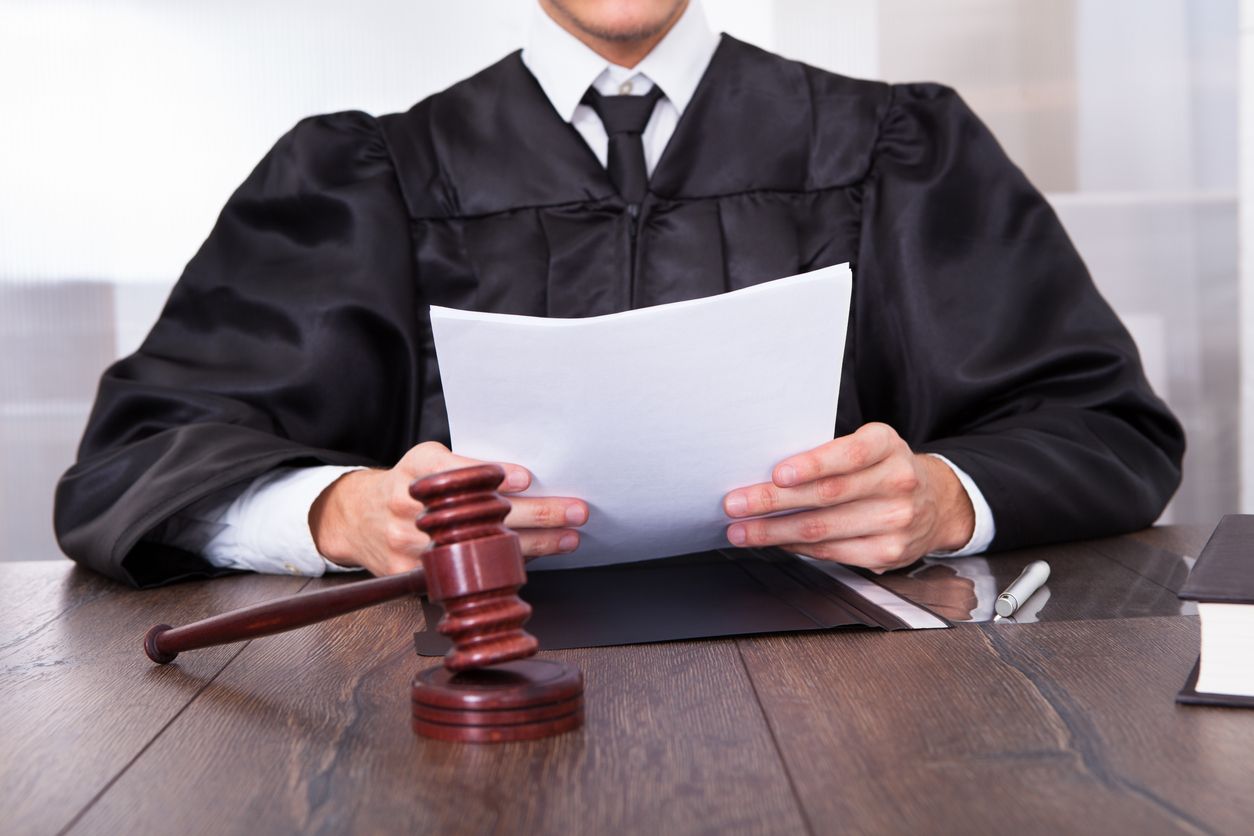Will TikTok be banned in USA?

TikTok, a platform that has become a hit among young people worldwide, is facing great pressure in the United States. The possibility of banning TikTok in the US has sparked numerous debates and controversies. While many users oppose this initiative and consider the ban to be censorship and a violation of free speech, some support the ban of this popular platform due to concerns about data safety and the possibility of spreading disinformation and propaganda.
How did it all start?
If this scenario of banning TikTok seems familiar, as if we are experiencing déjà vu, you are completely right. This is not the first time the topic of banning this platform has been brought up in the US. During the summer of 2020, the administration of former President Donald Trump expressed concern about alleged ties between TikTok and the Chinese government. There was a fear that TikTok could be used to collect data on American users and that the Chinese government could use this data for intelligence purposes. Trump's administration ordered ByteDance to sell a 100% stake in TikTok's US operations, including its algorithms, to a US company within 90 days. This order sparked many legal battles and negotiations, with Oracle and Walmart standing out as potential companies to take full control of the TikTok platform in the US.
In 2021, with President Joe Biden taking office, his administration re-evaluated the decision to ban TikTok made by the previous President, Donald Trump. In June 2021, the Biden administration revoked Trump's order to ban on TikTok.
Why does the US government want to ban TikTok again?
It all comes down to China. Lawmakers and regulators in the West are increasingly concerned that TikTok and its parent company, ByteDance, could transmit sensitive user data to the Chinese government. They argue that there are laws that allow the Chinese government to request data from Chinese companies and citizens for the purpose of collecting intelligence data. They are also concerned that China could use TikTok's content recommendations to spread disinformation. However, TikTok denies these accusations and seeks to distance itself from ByteDance.
TikTok CEO's testimony before Congress
Even the testimony of TikTok CEO Shou Zi Chew before Congress did not alleviate the US's concerns about TikTok's parent company ByteDance, whose headquarters are in China. During his five-hour testimony, Chew repeatedly denied that the TikTok app has any connection to the Chinese Communist Party or that it shares user data with the Chinese government, claiming that they are doing everything to ensure the safety of their 150 million American users.
Chew promised that TikTok would take all necessary measures to ensure the safety of minors and enhance user privacy and security, thereby preventing any unauthorized access to US user data.
Faced with a surge of critical and often strange questions, some of which went viral, Chew appeared relaxed and friendly during the hearing.
How could the ban on TikTok in America affect the businesses of influencers, brands, and small enterprises?
The ban on TikTok in America would significantly change social media marketing. Thanks to this platform, brands, influencers, and small businesses have been able to connect with a younger audience in an authentic way, and the ban would lead many of them to lose their primary source of income.
More than 50% of small businesses that use TikTok have experienced significant improvements in their overall marketing performance, and 78% have reported a positive return on investment (ROI) from their TikTok ads. Additionally, over 50% of these brands have seen a positive ROI within six months of implementing a TikTok advertising strategy.
Many TikTok users have stated that if the app were to be banned, they would not quickly return to other platforms such as Facebook and Instagram.
Who could take the crown of the most-used platform in case of the TikTok ban in America?
At this point, platforms that are keeping up with TikTok are definitely Instagram and Snapchat, but they could face tough competition from YouTube, which still has a large user base and is great for creating video content. There are also new apps that could replace TikTok, such as Triller, Byte, and Dubsmash, but TikTok users are still unsure whether these platforms would provide them with the same enjoyment and performance as TikTok.
It is still difficult to predict what will happen with the ban on TikTok in America. One thing is certain, given the large sum of money involved, it is almost impossible for the US and ByteDance not to reach an agreement on how to keep TikTok available to users in America in a way that is safe for both sides.
Sources: https://www.reuters.com/technology/why-broad-us-tiktok-ban-is-unlikely-take-effect-soon-2023-03-23/
https://www.capterra.com/resources/tiktok-marketing/
Author: Katarina Stanković, Content Manager


